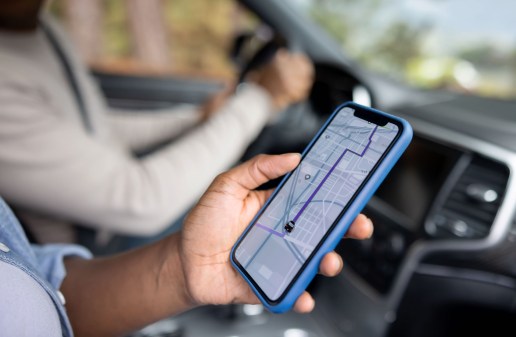DHS studying alternatives to GPS for vital sectors

The Department of Homeland Security is working with vital national industries to figure out what they could use as an alternative if satellite-based GPS stops working.
In a federal register notice published last week, the department announced the launch of a study “to define and validate current and future positioning, navigation, and timing [or PNT] requirements for critical infrastructure.”
Vital U.S. industries have become reliant for PNT data, the notice said, on GPS — which is “susceptible to both unintentional and intentional disruption leaving critical infrastructure vulnerable to operational impacts.”
The Global Positioning System, conceived by the U.S. military in the 1960s, began working several years after the first prototype satellite was launched in February 1978 and reached initial operating capacity in December 1993.
Now, a homeland security official explained to FedScoop via email, most national networks, like the cellular phone system and the electricity grid “rely on precise time for synchronizing various functions, such as the handoff of a cellular phone call from one tower to another … To meet these timing needs the sectors currently rely on GPS.”
GPS signals tell automated systems — like drone autopilots, or the software that runs train signals — where they are and what time it is.
But GPS signals are very low power and are subject to interference — as venture capitalists found out to their cost through 2010 to 2013, when LightSquared fought a prolonged battle with the GPS industry after it turned out that spectrum the company owned couldn’t be used without disrupting GPS receivers.
“The increasing reliance on GPS along with the susceptible nature of the low power signal make this an area of concern” for DHS, the official said
North Korea, for instance, has repeatedly jammed GPS in South Korea, especially during joint exercises with the U.S. military.
And spoofing, or broadcasting fake GPS signals, has reportedly been the vector for several attack on U.S. drone systems.
The Defense Advanced Research Projects Agency has also sought alternatives to GPS.
This article has been corrected to provide a more accurate timeline of the historical development of GPS.






